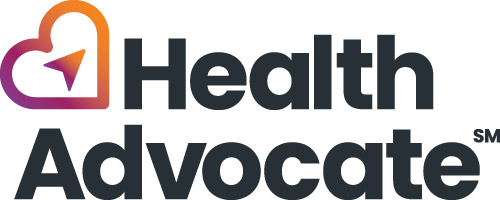
12 New Ways to Help Patients Adhere to Treatment
PM360
We have all heard the numbers. Medication nonadherence can cost the healthcare industry billions of dollars ($337 billion in 2013 to be exact, according to Express Scripts). The pharmaceutical industry also loses—$188 billion annually, according to a 2012 Capgemini report. And often the patient loses. Studies have shown that poor adherence:
- Results in 33% to 69% of medication-related hospital admissions (New Engl. J. Med., 2005). •
- Leads to a 17% increase in emergency room visits and a 10% rise in hospital stays among patients with diabetes, asthma, or gastric acid disorder (of the Amer. Med. Ass’n, 2004).
- Causes at least 125,000 deaths a year in the U.S. (Gen Med., 2005).
In other words, when patients don’t take their meds properly, everyone loses. That’s why so many are working to discover ways to help improve adherence. These 12 solutions, from people associated with the healthcare industry as well as outside tech companies, are just some of the new methods available to solve one of healthcare’s biggest problems.
Specialized Product Support Health Advocate, a subsidiary of West Corporation
To help healthcare organizations improve adherence, Health Advocate’s Specialized Product Support (SPS) program combines years of customer service experience with proven communications strategies. This program supports and educates patients through a variety of channels, helping to increase adherence, improve health outcomes, and reduce costs. Program offerings include outreach therapy compliance, technical product support, DTC support, loyalty programs, care coordination, clinical education, regulatory compliance, telenursing, and more.
The patient experience is central to the SPS program, which personalizes outreach according to the patient’s preferences, clinical profile, and risk factors. By combining state-of-the-art technology, actionable information from data analytics, and unlimited support from a Personal Health Advocate, patients have access to valuable resources to address potential barriers. Data show that the personal touch of a live agent improves both patient engagement and adherence.
Health Advocate’s SPS program identifies the appropriate dedicated associates, from customer care to RN clinical support, for each program, and connects patients with a Personal Health Advocate to help with related health issues and navigate the complex healthcare system. This extra level of ongoing support enables patients to address and resolve potential challenges to adherence, including clinical questions, technical support, and insurance concerns. Additionally, the SPS program is flexible and can be customized to meet the needs of each organization, product, and patient population.
During one recent campaign, only 4.25% of patients in a control group with no contact from the SPS program filled their prescriptions. However, among patients who had interacted with clinical care associates, 19.12% of patients filled their prescriptions—a 450% increase over the control group. The SPS program has also earned a CSAT Customer Satisfaction rate of 97%.
Click here to read the full article.

